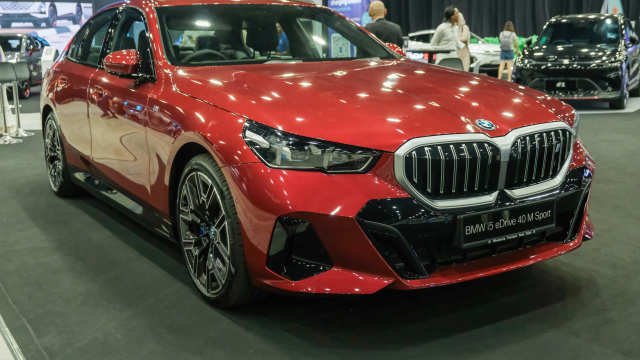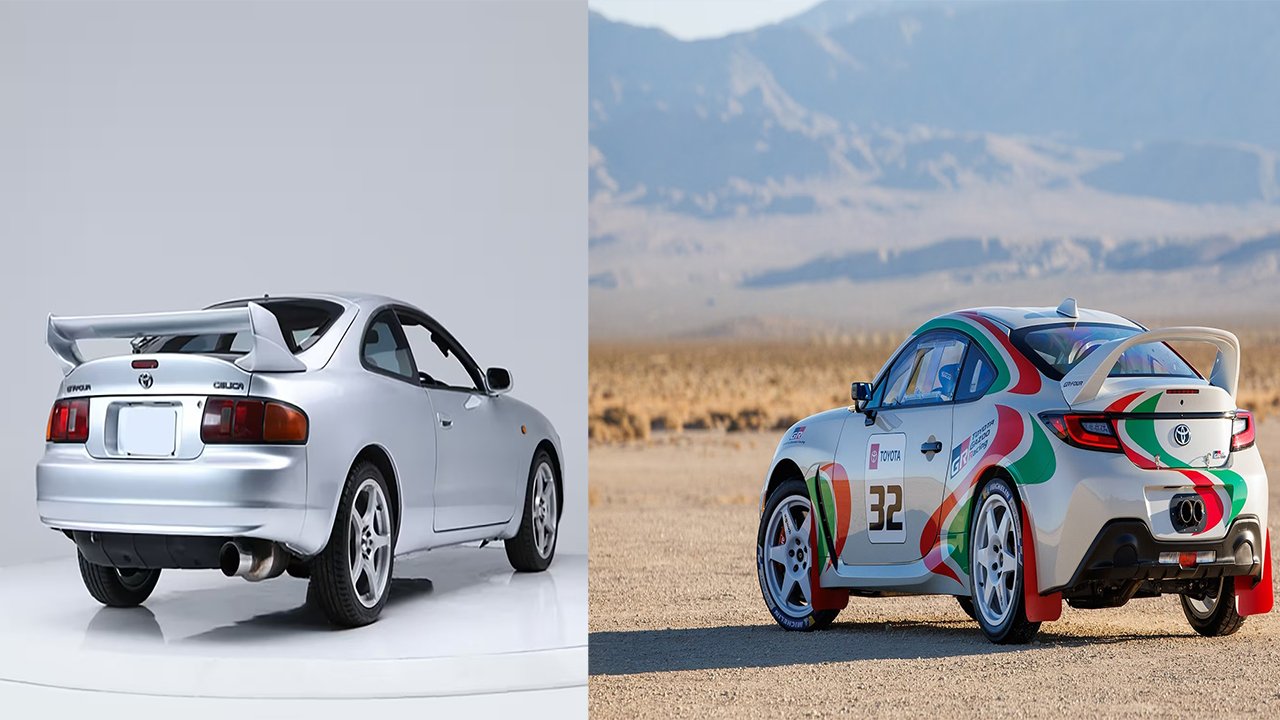
Fears
that Donald Trump, who won the US presidency for the second time, will impose
high tariffs on the auto industry have caused German automakers' share values
to plummet.
As investors rushed to adapt to Trump's triumph, shares of BMW plunged 6.6%,
Mercedes-Benz by 6.4%, Porsche by 4.9%, and Volkswagen by 4.3%. On Wednesday,
the four companies were among the largest decliners on the German stock market
index, the DAX.
Trump is on course to win Michigan, a state known for its traditional
manufacturing heartland, and has pledged to impose higher taxes on foreign-made
automobiles in order to protect American employment.

In
addition to stating last month that he was thinking about targeting German
autos, the president-elect has stated that he wants to put a 10% tariff on all
non-US imports. "I want German car companies to become American car
companies," he declared during a campaign event in Savannah, Georgia. This
is where I want them to establish their plants.
The EU's largest exports to the US are automobiles and machinery. The nation is
the largest export destination for German automakers, who are already facing
severe financial difficulties.
Trump's corporate tax cuts are anticipated to immediately help US businesses,
but automakers stand to gain the most from increased protectionism and
potential easing of pollution regulations.
Pre-market
trading saw a 4% increase in shares of Ford and General Motors, the company
that owns Cadillac and Chevrolet. On Wednesday morning, Stellantis, the parent
company of several American auto brands, including Chrysler, Dodge, and Jeep,
made gains in Europe. The business, which also owns Fiat, Vauxhall, and
Peugeot, saw a 1.3% increase in shares listed in Milan.
In early trade, Tesla's stock jumped 13% as investors hoped the business would
profit from Elon Musk's outspoken support of Trump. In recent weeks, Musk has
been actively supporting the Republican candidate through his ownership of X
and his relentless campaigning.
For
European automakers already dealing with dwindling sales and earnings, tariffs
would present yet another obstacle. As Chinese demand slowed, BMW became the
latest German corporation to report declining profits on Wednesday. In
comparison to more than €4 billion a year earlier, it recorded a 79% decline in
profits to €838 million (£699 million) in the three months ending in September.
After the Covid pandemic's supply chain disruption, the car industry saw a
brief period of high profitability, but that was eclipsed by a worldwide
decline in demand that affected every aspect of the business.
Given
that the industry must make significant investments to switch from gasoline and
diesel to electric vehicles, the decline in profitability has occurred at a
challenging moment.
BMW reported a 13% decline in sales to 540,000 for the quarter. In September,
it had already issued a warning about declining sales after having to halt
delivery due to brake component issues. However, it also stated that low
consumer confidence was hurting sales due to China's "challenging market
environment."
Toyota,
the biggest automaker in the world by production, also revealed declining sales
and earnings on Wednesday. In the three months leading up to the end of
September, it reported that its profit before taxes had halved to ¥859 billion
(£4.3 billion). Over the six months ending in September, China's operating income
fell by a third.
In the face of intense competition, notably from a number of Chinese electric
vehicle producers, Toyota announced that it has raised its marketing
expenditures in China. Japan saw a 13% decline in sales as well.
Trump's election is unlikely to have a direct impact on Chinese automakers
because Joe Biden has already increased import duties to 100%.









